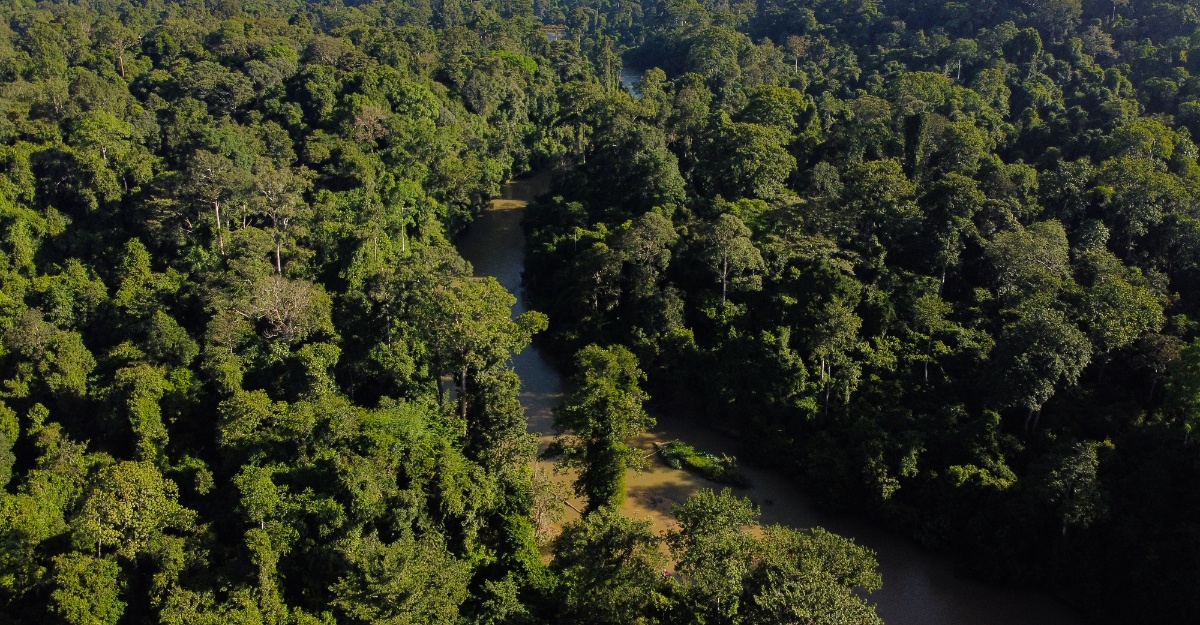The granary of Kedah and Perlis is synonymous with the term ‘rice bowl’ or jelapang padi of Malaysia. As a contributor to 40% of our national rice production, this is our food security area.
If there are any untoward incidents, such as a geo-political crisis that prevents us from importing rice, this rice bowl will be our only primary source of rice production. In an effort to enhance this food security, the Malaysian Government has increased financial allocation from RM3 billion in 2023 to RM5 billion this year to upgrade the irrigation systems in the Muda Agricultural
Development Area (MADA) granary area. This is with the noble intention of increasing the rice production capacity from 4 to 5 crops over two years, against the present capacity of 4 times over two years.
Improving rice production requires a steady water source, which is the reason why the Ahning, Pedu and Muda Dams were built under the MADA granary area. These dams collect water flowing from the Ulu Muda Forest Complex, an important water catchment under the 4th National Physical Plan and the Northern Corridor Economic Region Plan. The granary depends on a steady water supply from these dams that harness water from the forests of Ulu Muda in
Kedah. In short, the forest complex here is directly linked to our food security. Spanning 163,810 hectares, the Ulu Muda Forest Complex is an important water catchment that supplies water not only for our food security but also for domestic, industrial and commercial uses.
However, a large proportion of Ulu Muda is also designated as production forests for logging to generate income for development in the state. The felling of trees and transportation of logs
result in exposure of soil and deep erosion, causing sedimentation in the rivers. Logging in the upper catchments results in high rates of sedimentation and movement of forest debris into the rivers. With logging occurring in the Ulu Muda Forest Complex, the reservoirs will in time be filled with sedimentation, shortening the lifespan of the dams. In addition, the ability of the forests to regulate water flow and provide clean water for our needs will also be affected.
If left unabated, the ability of the dams to provide water at the right time and quantity for paddy cultivation will become compromised and the production of rice for Malaysia will be severely impacted, jeopardising national food security. Our huge investments in dam construction and irrigation improvements will also become futile. The advent of climate change leading to extreme weather events such as prolonged droughts, and excessive rainfalls that carry huge loads of sedimentation will worsen the impact caused by logging.
We can prevent this. As citizens of our nation who depend on this area for our food security, we should collectively invest in protecting the source of the water itself, which is the catchment forests in Ulu Muda, and by keeping the forests in this complex intact.
The special status of Kedah in rice production and its contribution to the nation’s food security is indisputable. This contribution to our national food security is under threat. There is an urgent need to protect the water source, the water catchment forests.
Our taxpayer’s money would be well invested in means to protect our food security. Investing in protecting our forests, especially the Ulu Muda Forest complex, an important water catchment area for the granary, is a critical step in this.
Our WWF-Malaysia wish for Budget 2025 is to see a financial transfer that would enable the state of Kedah to meet its development aspirations whilst also protecting the important forest assets that enable the production of rice for all Malaysians. Malaysians must also support this ask, as food security is of paramount importance to us.



